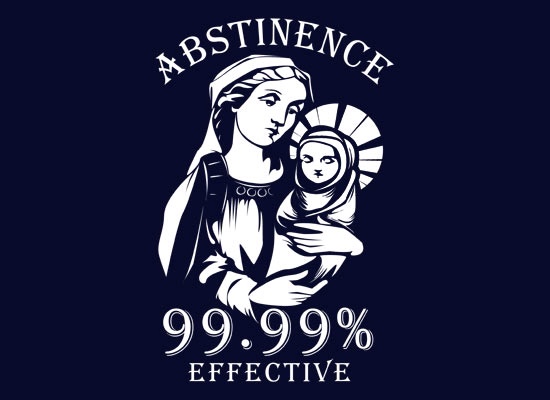Johnny Walker drew attention to one view of the Christmas stories in the Gospels that is heard about less often in churches: that they were an attempt at damage control, to cover up or distract from stories about Mary having been raped by a Roman soldier or simply having gotten pregnant without being married.
Michael Halcomb also blogged about the former possibility, as part of his reposted Christmas series, and Phillip Long has addressed the broader question of authors' motivations for telling Christmas stories.
My own view (articulated in an article I wrote a few years ago which was published in the Journal for the Study of the Historical Jesus) is that the respect accorded to the adult Jesus is incompatible with his having been widely known or suspected to have been illegitimate. The stories are best seen, not as attempts to elevate a marginal figure to a higher status, but as attempts to make Jesus even more honorable than his mundane human parentage rendered him.
But even if the Christmas stories, in my opinion, don't specifically include an emphasis on God including rape victims and illegitimate children in his plan of salvation, there certainly is an emphasis on inclusiveness in the infancy narratives over all. For instance, the Magi were astrologers, people who were doing for a living. things that the Torah declared impermissible. And they are included in preference to the Law-observant in one Gospel, while the other Gospel emphasizes the inclusion of the poor and marginalized. And so the Christmas stories, however they are understood, do not merely elevate Jesus. They elevate the lowly and outcast along with him.
Kristin Swenson emphasizes that the meaning of these stories is not about whether they convey historical facts. Indeed, trying to treat them as history leads to all sorts of problems. IO9 rightly emphasizes this in connection with the star of Bethlehem. Nevertheless, Wil Gafney has an interesting reflection on Joseph perhaps leaving as a result of Mary's too-hard-to-believe story. And as I was struck recently by Matthew's distinctive take on the familiar utterance of angels, “Do not be afraid,” I was happy to see Michael Barber focus some attention on the interpretative options.
Also of Christmas interest, Bible Films blog reviewed a particular nativity movie. Dănuţ Mănăstireanu shared the Christmas message from the leaders of the churches in the Holy Land. Extracanonical early Christian literature made the New York Times. And finally The Religious Studies Project provides some humorous end-of-year religious studies entertainment in a podcast that rounds up the year's news about religion (HT Religion CFP)













